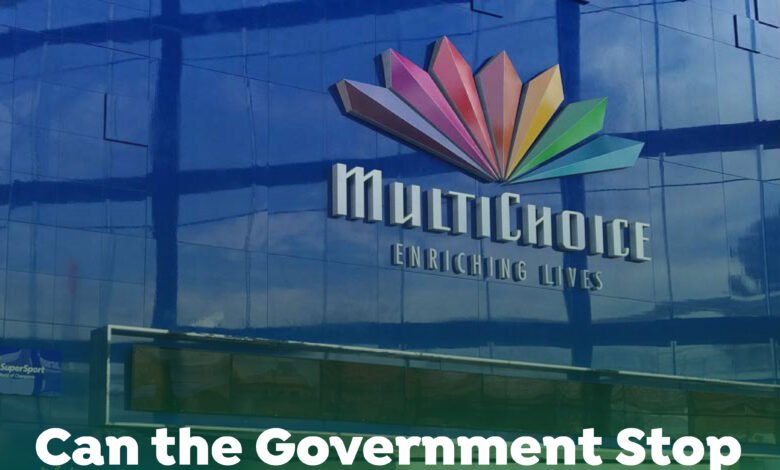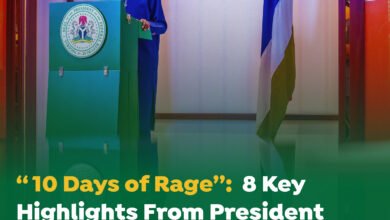
Nigerians are fuming after MultiChoice, the operator of DStv and GOtv, announced another price hike for all its packages, effective May 1, 2024.
Many feel this “arbitrary decision” disregards the harsh economic realities they face. Social media erupted with criticism, accusing MultiChoice of insensitivity to the plight of ordinary Nigerians, its core subscriber base.
The company, however, defended the move, citing rising operational costs. CEO John Ugbe stated, “The rise in the cost of business operations has led us to make this difficult decision.”
‘Multichoice – a history of price changes
This isn’t the first time. In less than three years, MultiChoice has raised prices four times – in March 2022, April 2023 (17% increase), and December 2023.
The company is singing the usual ‘rising operational costs’ tune for the latest increase, but it has landed poorly with Nigerians, who are increasingly calling for an end to MultiChoice’s perceived monopoly.
‘Multichoice, a history of monopoly’
Efforts to challenge MultiChoice’s dominance have been unsuccessful. The Association of Telephone, Cable TV, and Internet Subscribers (ATICS) in December 2023 urged the government to intervene and create a level playing field.
They pointed to MultiChoice’s “unapologetic” price hikes and called for stronger consumer protection from the National Broadcasting Commission (NBC).as demonstrated by the Nigerian Communications Commission (NCC) which has made the protection of consumers its priority.
HiTV, TStv and the story of failure’
Nigerians remember HiTV’s ambitious entry in 2007 as a potential challenger to Multichoice.
It was founded by lawyer Toyin Subair with the backing of the Nigerian government.
Particularly, Subair enjoyed the unwavering commitment of then Minister of Information, Mr. Frank Nweke, who lent not just moral support to the budding Nigerian entrepreneur but ensured he had unfettered access to all the resources he needed to pull the magic off.
HiTV initially made strides but ultimately succumbed to MultiChoice’s financial muscle, market savvy, and political understanding.
TStv. Launched in 2017 hasn’t lived up to its expectations of dislodging and breaking the monopoly of its biggest competitors either
A difficult kind of job
Over the years, the Nigerian government has demonstrated its readiness to support a homegrown PayTV provider that will give Multichoice a run for its money.
Unfortunately, such efforts and support it gave to Toyin Subair and Bright Echefu have not yielded the desired results.
In essence, breaking the MultiChoice monopoly will require a new kind of thinking, one that will truly sustain indigenous operators for generations.
Why Price Controls Don’t Work
Some have called for government intervention to freeze prices. However, this is unlikely. MultiChoice operates in a free market, allowing them to set prices based on business needs.
Price controls are often ineffective and can lead to unintended consequences, such as reduced investment in content and services or withdrawal from the market, ultimately harming consumers.
The government’s role should be to foster a competitive environment that encourages innovation and investment.
This could attract new players and ultimately benefit consumers through lower prices and a wider variety of choices. Regulatory bodies like the NBC and CPC exist to protect consumers from unfair business practices. Many are agitating for pay-per-view pricing as obtained in other climes where Multichoice are operating.
While Nigerians may not like the price increase, government intervention is limited. The focus should be on promoting competition and ensuring consumer rights are protected through existing regulatory frameworks.





